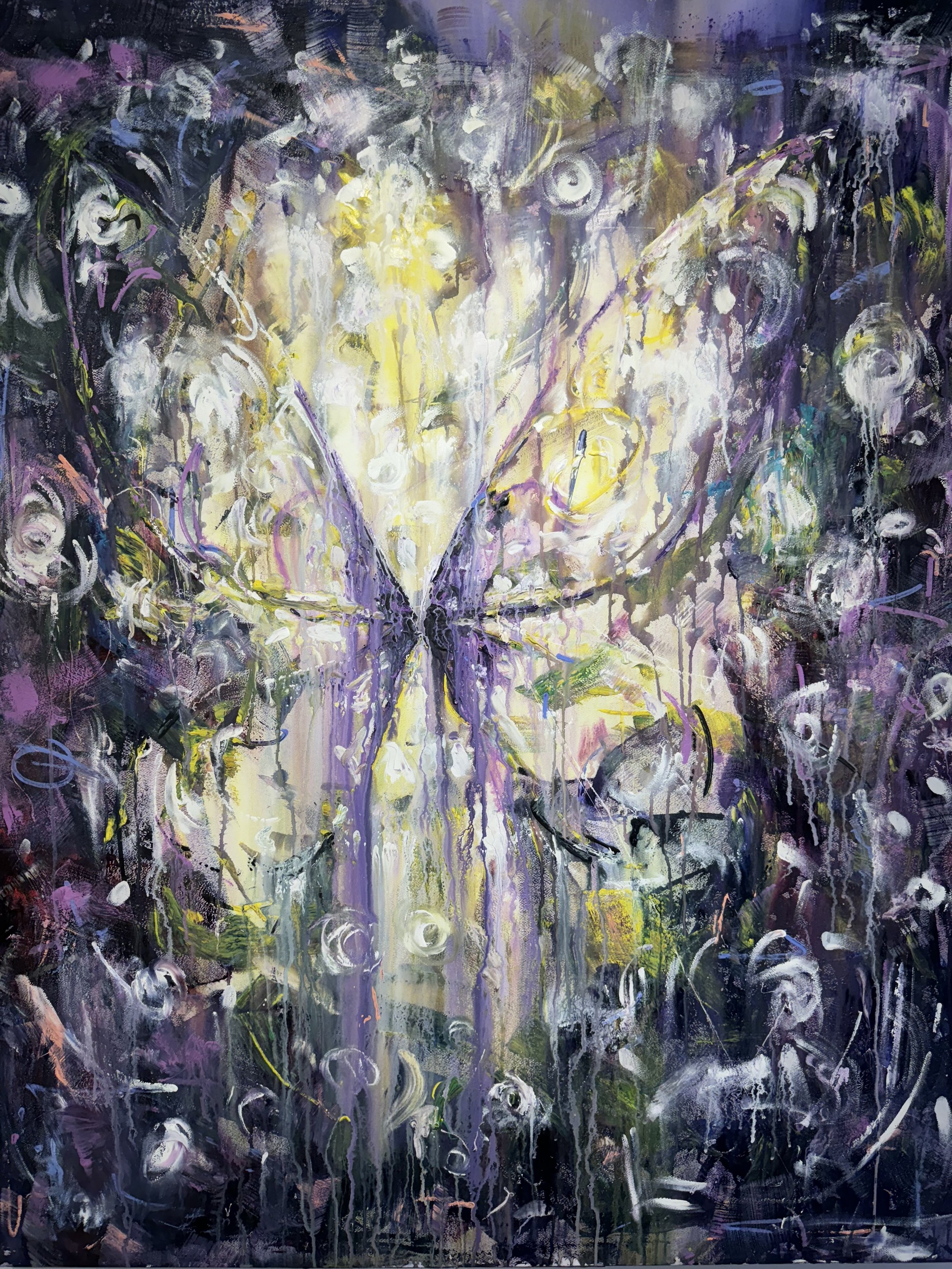THE MAN WHO HAS QUESTIONS
I think about aging often. The thought, especially the creative thought, I held firm in my hand evaporates without warning. The recovery time is taking longer too. Then there is already little hair left on my dome further helplessly disappears, and what is left is turning grey, with my goatee sporting more saltiness than pepperiness.
Malaysia is a young country having gained independence from the British in 1957. Currently constructed Malaysia minus Singapore came in 1963, the year of my birth. Malaysia is also a young country based on demographics. One can easily witness a sizable number of children running around the air-conditioned malls whereas countries like Korea and Japan are fighting against the historically lowest childbirth rates. In Korea, I have seen strollers carry more designer dogs than children.
The year of my birth, 1963, represents the Baby Boomer generation's last year (depending on the source). Since people are living longer, an unprecedented number of the Boomer generation is retiring at a record-setting pace, globally. The developed world is getting older. As the youngest of the Boomer gen, I have vicariously observed many who have gone before me, giving me real-time lessons about what to do and what not to do in aging well.
I confess patience and impatience coexist ironically. I have become more patient in waiting, and less patient in what I would consider rude behaviors, whether intentional or unintentional. I have become far (read FAR) less patient in snobbery, and more patient in holding compassion. But the one that irks me the most is related to people or systems who (or that) think have the answers for everything. I have become impatient with a forced prescribed way of life from those in power and privilege.
There is a growing resolve in me not to embody such a parochial and restrictive mindset, lest I hate myself. Over the recent years, I have learned to embrace tentative vocabulary like “perhaps,” “may,” or “wonder” when in conversation with others, especially the younger folks. Sometimes, my tentative posture drives them unsatisfied or even frustratingly mad. Rather than giving in to expectations, I am banking on their future selves to appreciate the free and empty space I have tried to create for them.
That was what I needed when I was younger:
Questions, not answers. . .
Wide open meadow or ocean to
wander and explore rather than
the narrow one-way straight trail to follow. . .
I wish I had been given the indescript expansive horizon, not
the clear peak of a mountain.
My wife has reminded me often that my presence cannot be ignored when in groups whether online or offline. At first, I did not know what she meant. While I am not trying to downplay my presence intentionally, I am generally more content to sit back and remain in the background.
Mary Oliver is far more gracious than I am in her poem, The Man Who Has Many Answers.
The man who has many answers
is often found
in the theaters of information
where he offers, graciously,
his deep findings.
While the man who has only questions,
to comfort himself, makes music.
The “deep” findings are deep only when one discovers them. Someone else’s deep findings may take root once we have enough of our “processed” experiences. One challenge is that many of our life’s experiences have not been processed or evaluated so they remain raw and irrelevant. Thus, one of the roles of an elder is to help others process and give words to life’s experiences. However, this process still feels linear, sequential, and logical in all these exchanges. There is nothing wrong with such, but they tend to reside in the left hemisphere of the brain functions.
Questions and music (broadly speaking, all art) open and light up the right hemisphere of our brain, allowing us to be more creative, emotional, and multi-dimensional. Images and imaginaries provide common ground for collective human experiences and invite us to join in the chorus of humanity. Incidentally, I like the notion of “comforting oneself” as the main motivation for making music. In the previous stanza, the man who has answered is often found in theaters to “offer,” albeit graciously, his deep findings. The focus of the man who has many answers lies in offering his deep findings to others whereas the focus of the man who has questions lies in comforting oneself. Perhaps thereby helping others along the way. . .
Thomas Merton’s words are so fitting and resonating, yet again.
You cannot be a man of faith unless you know how to doubt. You cannot believe in God unless you are capable of questioning the authority of prejudice, even though that prejudice may seem to be religious. Faith is not a blind conformity to a prejudice—a “pre-judgment.” It is a decision, a judgment that is fully and deliberately taken in the light of a truth that cannot be proven. It is not merely the acceptance of a decision that has been made by somebody else.
To doubt is to question, even the authorities. I would add, especially the authorities. Questioning is the beginning of faith. Faith is a subjective decision, not merely a decision (objective if I can insert that word here) made by somebody else, according to Merton.
While someone else’s deep findings may or may not inspire us, song or art often strike a chord in our souls in unguarded moments. I have lived most of my life as a man who thought he had answers (not that I am condemning myself for it) and that was good enough because that was mostly what I knew. As I age, I cannot help but see myself (or want to see myself) as one who has questions, mainly to comfort myself, and to make my own music.
